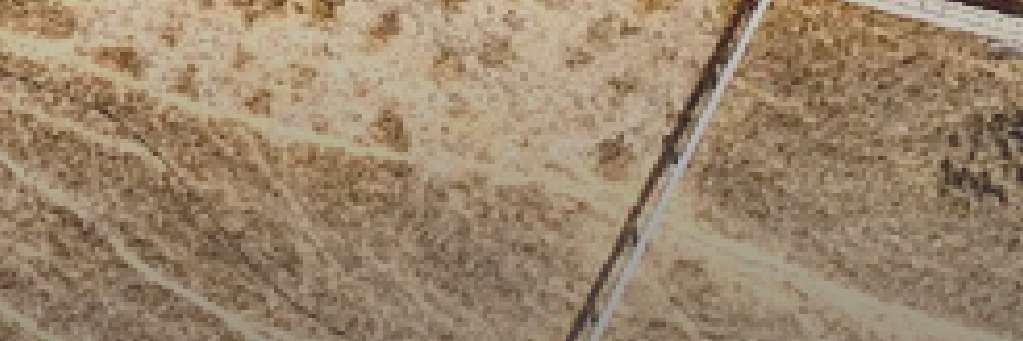





























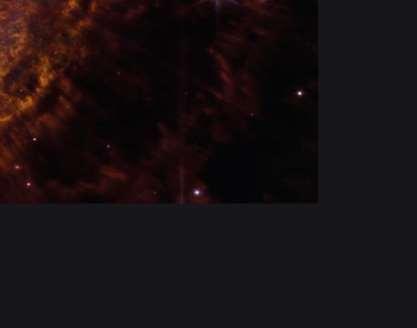











































































 Thylacine at Beaumaris Zoo, 1936 (NS4371-1-1063), image credit to Ben Sheppard, marked as public domain
Thylacine at Beaumaris Zoo, 1936 (NS4371-1-1063), image credit to Ben Sheppard, marked as public domain






























“FOR THE GREATEST BENEFIT TO HUMANKIND”
Alfred Nobelall the 2022 Nobel Laureates.




 Carolyn Bartozzi, Martin Meldal and Barry Sharpless (moving from left to right). Il
Carolyn Bartozzi, Martin Meldal and Barry Sharpless (moving from left to right). Il














 Alain Aspect, John F Clauser and Anton Zeilinger (moving from left to right).
Anders Irbäck,Chair of the Nobel Committee for Physics.
Alain Aspect, John F Clauser and Anton Zeilinger (moving from left to right).
Anders Irbäck,Chair of the Nobel Committee for Physics.









































On research,curiosity and the realities of science.







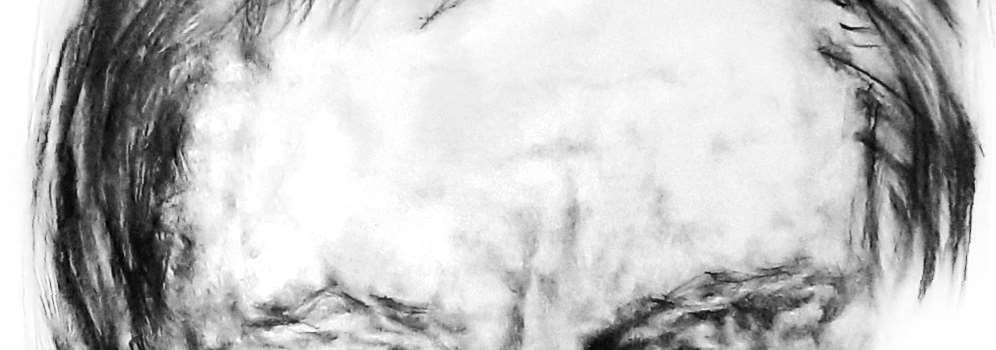











Lily: For any readers new to your research, could you summarise your discovery that won the 2019 Nobel prize in Medicine?
Ratcliffe:
Bishop: Ratcliffe:
Vanessa: Lily and I both have read some of this research and we know that you and your colleagues have elucidated the molecular mechanism behind oxygen sensing. We were wondering what the applicaons of such a discovery were, since we read that this principle had already been used in medicine to treat diseases of the kidney.
Ratcliffe:
V: I find the idea of making discoveries for the sake of the discovery itself interes ng. Do you think a piece of research shouldn’t be considered more “valuable” than another solely because it doesn’t have as “far-reaching applica ons”, such as those in medicine? I think it’s a very recurrent theme in grants and funding – people usually go for projects that give you the most profitable applica ons.
Ratcliffe:
Bishop: Ratcliffe:
Bishop:
Ratcliffe:
L: It’s really interes ng that you men oned the disappointment one feels when hypotheses fail. Do you think that the media o en magnifies scien fic successes over failures? Especially from my point of view, I hear about the successes a lot more. Do you think that’s detrimental in misleading young scien sts?
Ratcliffe:
Bishop:
Ratcliffe:
Bishop:
Ratcliffe:
L: Have you come across any problems or failures in your research? Did they push your research along?
Bishop:
V: Leading on from that, we read that one of Sir Ratcliffe’s papers was ini ally rejected by publica ons like Nature. With those kinds of rejec ons and failures, how do you find the resilience and mo va on to keep going? When do you know it’s a good me to stop a project and recognise it’s not going anywhere, and when do you know you have to keep going and push past these difficul es?
Ratcliffe:
Bishop:
Mr Gill: I’m really interested in how philosophical the discussion has become, par cularly about the realisa on that it’s just noise and that’s an expected part of the process, or there might be something in the noise. Do you think you believed that, almost in your heart, when you embarked upon your degree or do you think it’s taken a long me to believe that that is the real nature of science?
I ask because I think that’s a challenge for teaching – we can say that and students can experience a li le bit of it in the secondary classroom, but I’m not sure they ever truly believe that that is the nature of science.
Bishop:
Ratcliffe:
Bishop:
Ratcliffe:
Bishop:
Ratcliffe:
L: Do you think that ins tu ons like schools encourage that kind of bravey to speak out against conven on enough?
Ratcliffe:
V: Going back to the idea of being really crea ve in science, did you have to be crea ve in finding your research ques on and how exactly did you manage to find the perfect thing to research about?
Bishop:
Ratcliffe:
Bishop:
Ratcliffe:
L: When would you have to take a leap of faith in research?
Ratcliffe:
Bishop:
Mr Gill: Can I ask about that because it’s something we talk about as teachers about encouraging crea vity but trying to get students to be courageous in their learning. Is that something that you find you have to do if you take on new PhD students or new people into the lab or are they already being courageous? Is that something you have to work on and what do you do to make them feel that it’s possible to be courageous?
Ratcliffe:



Bishop:

Dr Anscombe: Vanessa and Lily sent me your Nobel Prize lecture, so I had a look at that, and I was really interested towards the beginning.You talked about the history of your research in that area, par cularly a lady called Mabel Fitzgerald in the 1910s. I just found her story really interes ng.
Ratcliffe:
Dr Anscombe: She must have faced a lot of difficul es back then as a female scien st.
Ratcliffe:
L: Just to backtrack a bit... Tammie, you made a really interes ng point about having a bunch of different scien sts and minds working together earlier. Do you think the Nobel Prizes are a bit problema c then, since it only really gives a prize to a select few, whereas so many scien sts are involved?
Ratcliffe:
Lily and Vanessa: Thank you so much for your me. Do you have any par ng words or advice to readers of the Chelt Scien st?
Ratcliffe:






































































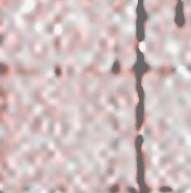





























































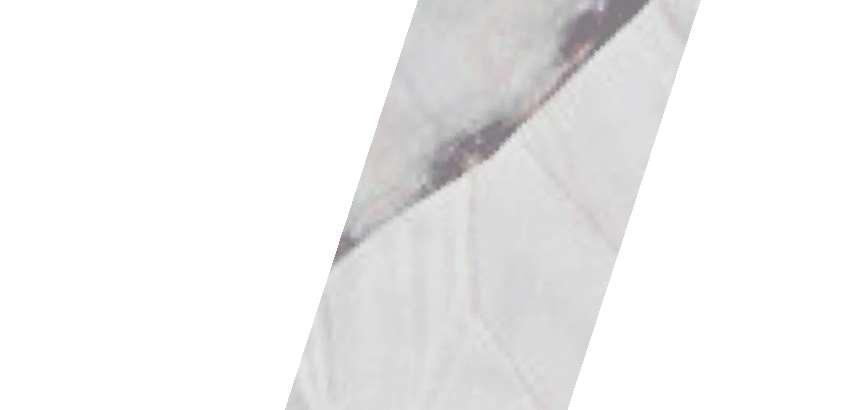



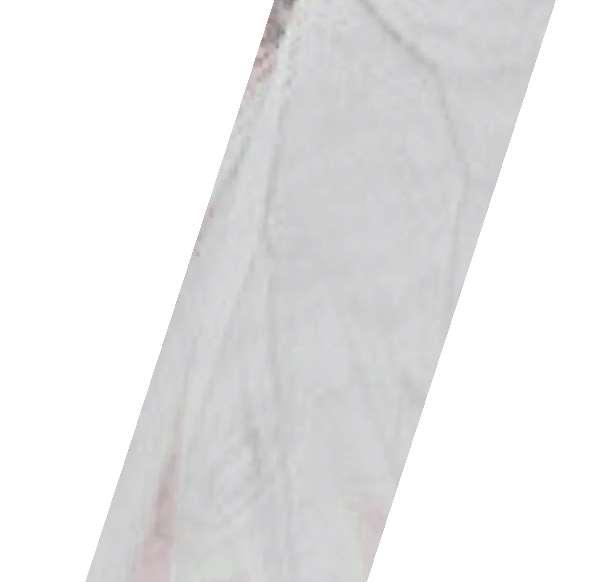







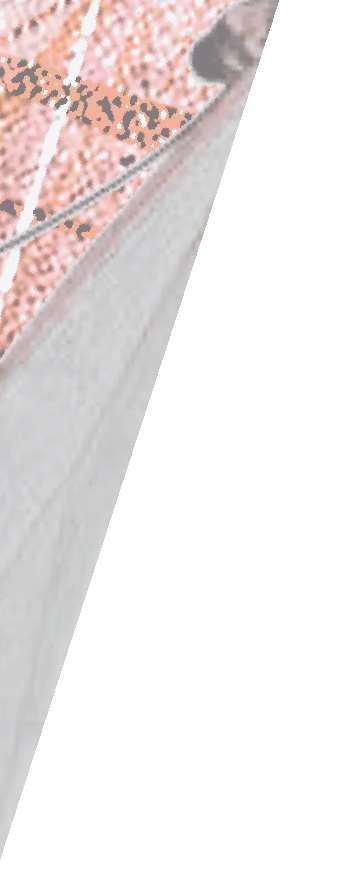





































KeyVocab
External variables:

A high-level programming language:

An esolang:
 The first, and
H
The first, and
H








ATo what extent do you agree with the statement “the NHS is ins tu onally racist”?
If you do agree with this statement, would you be able to describe why you think so?

















